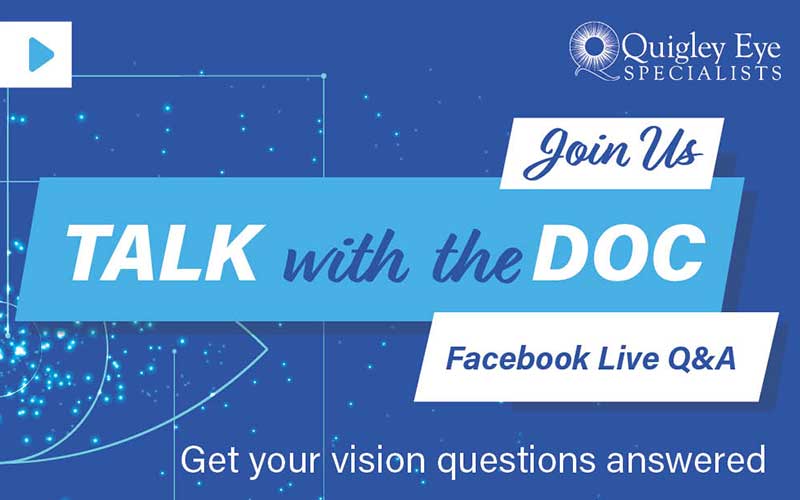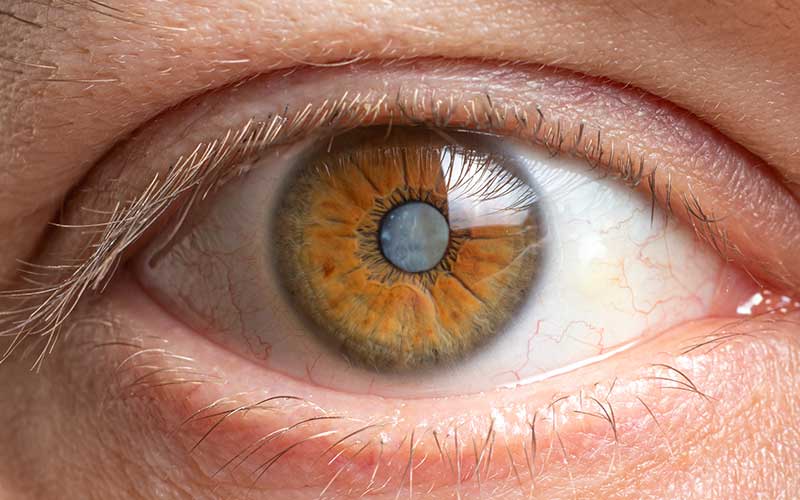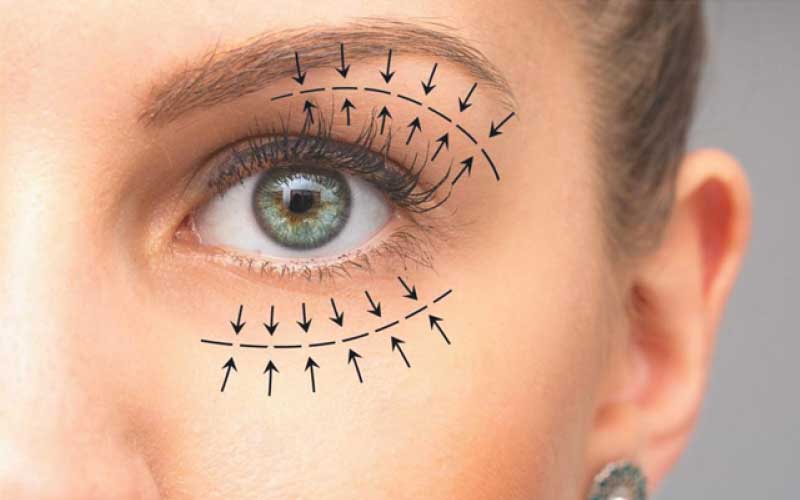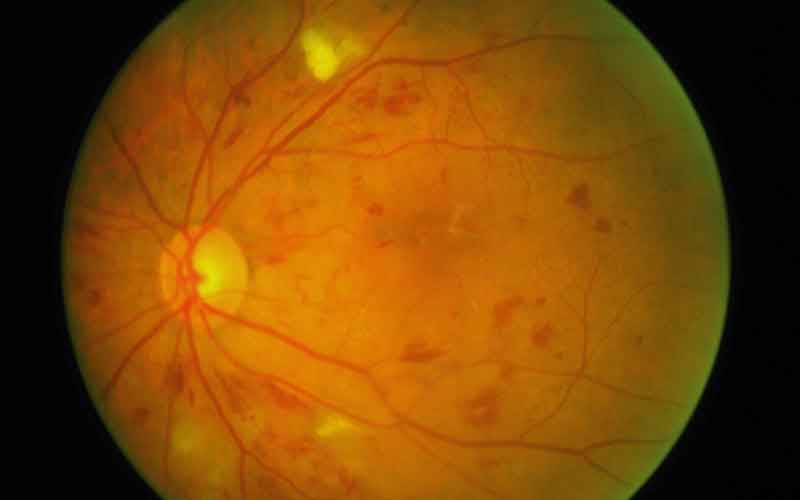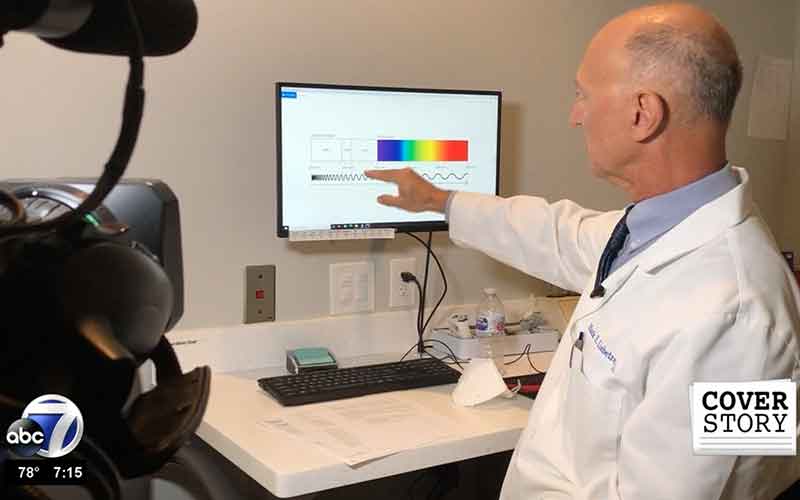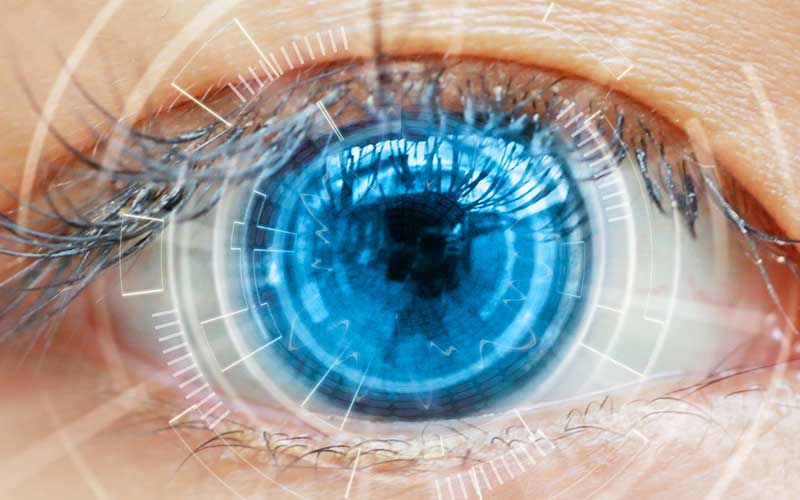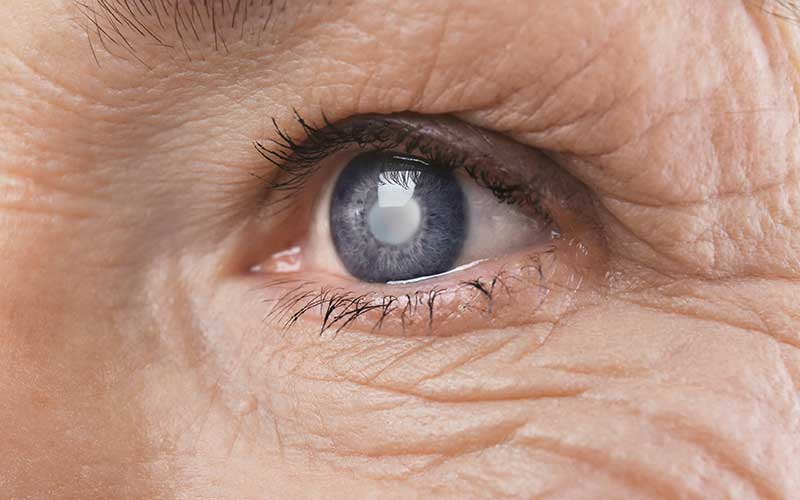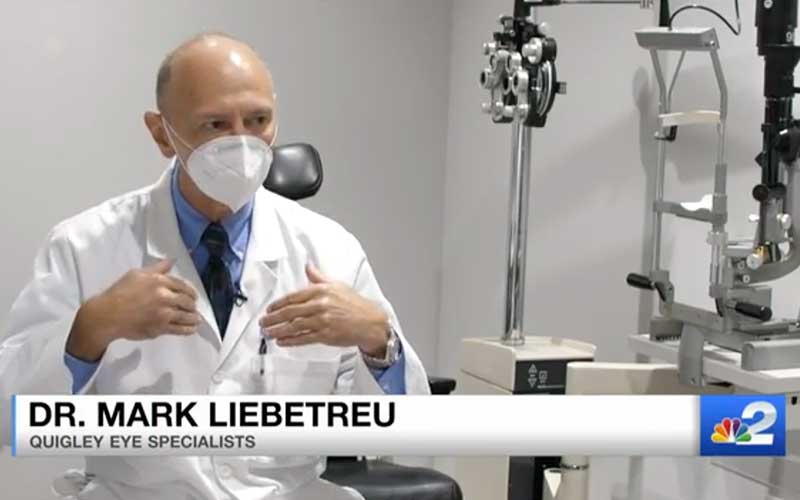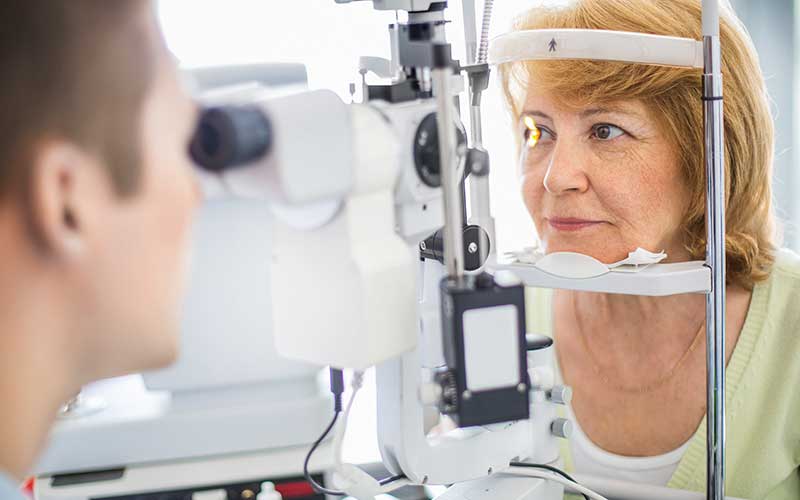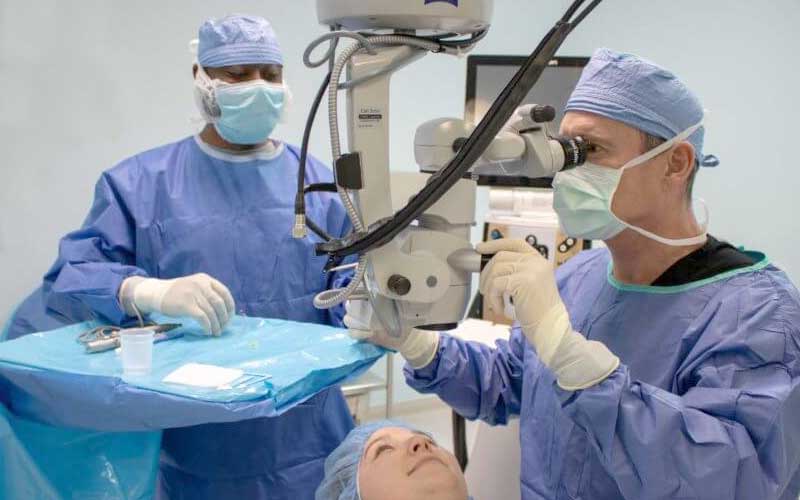Blurry vision can be more than just a minor inconvenience; it’s often a signal from our eyes that something needs attention. Whether it’s a temporary issue or a symptom of a more serious condition, understanding the causes of blurry vision is crucial. At Quigley Eye Specialists, we’re committed to helping you see the world more clearly. Let’s explore the top five causes of blurry vision and what they could mean for your eye health.
1. Refractive Errors
Refractive errors are one of the most common causes of blurry vision and occur when the shape of your eye prevents light from focusing directly on your retina. The result is a blurred image. The primary types of refractive errors are myopia (nearsightedness), hyperopia (farsightedness), and astigmatism. Each of these conditions contributes to blurry vision in unique ways and requires different therapeutic approaches. Let’s take a closer look at each of these refractive errors.
Myopia (Nearsightedness)
Myopia is a condition where you can see nearby objects clearly, but distant objects appear blurry. It occurs when your eyeball is too long, or the cornea (the clear outer layer of your eye) is too curved, causing light to focus at a point in front of the retina instead of directly on it. Myopia can range from mild to severe and often develops during childhood.
Treatment for myopia includes wearing corrective lenses such as glasses or contact lenses, refractive surgery, and orthokeratology (a type of contact lens therapy that temporarily reshapes the cornea).
Hyperopia (Farsightedness)
Hyperopia is the opposite of myopia, where distant objects appear clear, but nearby objects are blurry. It occurs when your eyeball is too short or the cornea is too flat, causing light to focus behind the retina instead of directly on it. Hyperopia can also range from mild to severe and may be present at birth or develop later in life. Treatment options are similar to myopia, including wearing corrective lenses and refractive surgery.
Astigmatism
Astigmatism occurs when the cornea is irregularly shaped, causing light to focus on multiple points instead of a single point on the retina. This results in blurred vision at all distances. Astigmatism often accompanies myopia or hyperopia and can be caused by genetics, eye injury, or certain medical conditions.
2. Age-related Eye Conditions
As we age, our eyes naturally undergo changes that may cause blurry vision. These conditions include:
- Presbyopia: An age-related condition where the eye’s lens becomes less flexible, making it difficult to focus on nearby objects.
- Cataracts: A clouding of the eye’s natural lens, leading to blurred vision and eventually blindness if left untreated.
- Age-related macular degeneration (AMD): A progressive condition that damages the central part of the retina, causing blurred or distorted vision.
Treatment for these conditions may involve corrective lenses, surgery, and medication to slow their progression. If you’re over 40 years old, it’s recommended to get regular eye exams to monitor these age-related conditions and catch them early.
3. Lifestyle and Environmental Factors
Various lifestyle factors and environmental elements can contribute to blurry vision. Digital eye strain is common in our screen-intensive world, leading to symptoms like blurry vision, dry eyes, and headaches. Strategies to combat this include taking regular breaks, adjusting screen settings, and using specialized eyewear. Environmental irritants such as smoke, dust, and chemicals may also be causes of blurry vision due to inflammation or allergies.
Additionally, overusing contact lenses may lead to infections or corneal damage, resulting in blurry vision. Therefore, adhering to recommended wear schedules and hygiene practices is essential.
4. Medical Conditions and Medications
Certain medical conditions can significantly influence your vision, leading to blurriness. Conditions like diabetes and glaucoma may cause damage to the eye’s blood vessels and optic nerve, which subsequently results in blurred vision. Diabetes can often lead to diabetic retinopathy, a condition where high blood sugar levels cause damage to the blood vessels in the retina. On the other hand, glaucoma increases pressure within the eye, damaging the optic nerve and disrupting vision.
Autoimmune disorders, such as multiple sclerosis or lupus, can also affect vision due to inflammation and other complex bodily reactions to the disease. Medications, too, can have side effects that impact your vision. Certain drugs for heart disease, allergies, and even some types of cancer can cause temporary or permanent blurry vision.
5. Eye Injuries and Infections
Eye injuries and infections are another significant cause of blurry vision. They often contribute to discomfort, inflammation, and distortion in vision. Here are some of the most common eye injuries and infections that can cause blurred vision:
- Corneal Abrasions: These are scratches on the cornea’s surface, which can cause blurry vision alongside other symptoms such as redness and tearing. They typically occur due to a foreign object in the eye or trauma.
- Conjunctivitis: Also known as ‘pink eye,’ conjunctivitis is an inflammation or infection of the outer membrane of the eyeball and inner eyelid. It can be caused by allergies, bacteria, or viruses and often results in blurry vision due to discharge or tearing.
- Eye Trauma: Injuries to the eye, such as blunt force trauma or penetrating injuries, can lead to blurred vision. These injuries can cause various eye complications, including retinal detachment or vitreous hemorrhage, both of which result in vision distortion. Car accidents, sports injuries, and workplace accidents are common causes of blurry vision and eye trauma.
- Keratitis: This condition refers to the inflammation of the cornea. Keratitis can be caused by bacteria, viruses, fungi, or parasites. It can lead to blurry vision, especially if the cornea becomes scarred or ulcerated.
Experience the Clarity You Deserve With Quigley Eye Specialists
Don’t let blurry vision hinder your daily activities or dampen your quality of life. Quigley Eye Specialists are here to help you regain the clarity you deserve. With our comprehensive eye exams and expert team, we’re ready to diagnose and address various eye conditions that could be causing your vision problems. Don’t wait for your situation to worsen — book an appointment with Quigley Eye Specialists today and experience the difference in your vision.







